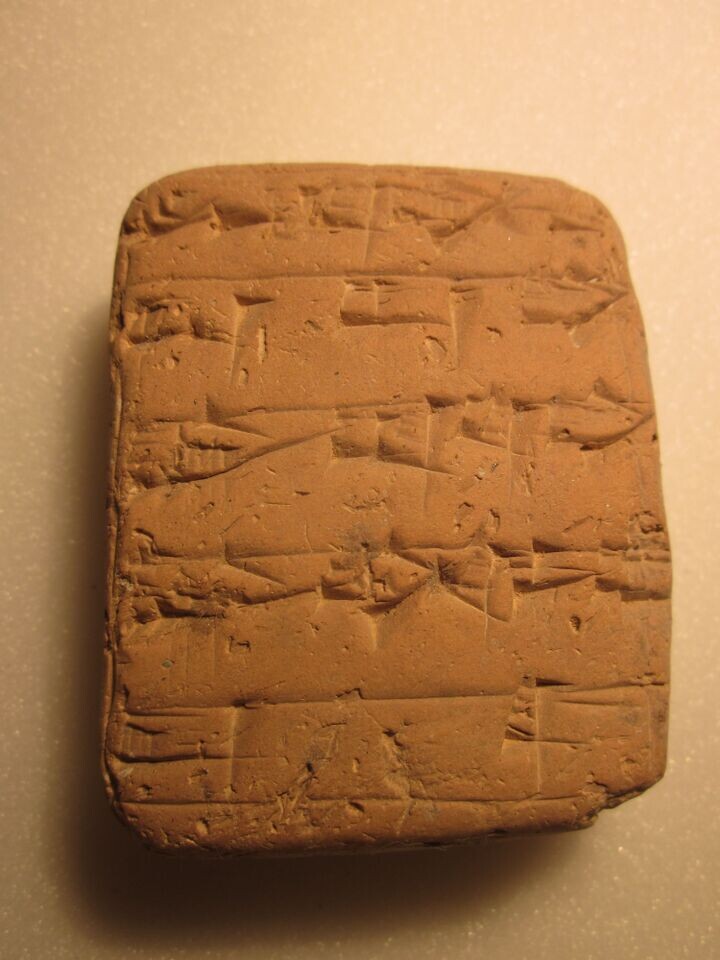
Cookies & website code
All of our websites use ‘cookies’. These are small data files which are stored on your device in order to improve the functionality and management of the site.
Below is an explanation of the cookies we use on this site and elsewhere, and how Brighton & Hove Museums manages this information. You can control which cookies are active by using the controls which appear at the bottom of your screen when you first access this website.
Google Tag Manager and Google Analytics
Google Tag Manager is a service that enables small pieces of code to be easily added to a website, usually for the purposes of measuring user behaviour. At present, we only use Google Tag Manager to insert the code for Google Analytics.
We use Google Analytics to record anonymised data about how this website is used. This enables us to measure how many people use the website, how they reach the site, and what pages they visit.
This information helps us improve the website for our users. It also enables us to report to our funders about how many people are using our online resources.
Google Analytics does not allow us to view individual user details; it only enables us to analyse patterns of behaviour across multiple users. It collects users’ IP addresses, but solely for the purpose of analysing where in the world people are using this site.
ReCAPTCHA
We use ReCAPTCHA v3 to protect our website against abusive behaviour. ReCAPTCHA assesses whether a visitor to the website is likely to be a bot rather than a human in order to stop spam messages being sent through the various forms we use on our site.
See Google’s Privacy Policy and Terms of Service for more information on Google Analytics and ReCAPTCHA.
WordPress
This website is built with WordPress. This relies on basic cookies for essential management tasks, such as identifying whether a user is logged into the website.
Ticketing
We use Spektrix for our ticketing service. Information on cookies for this platform below: